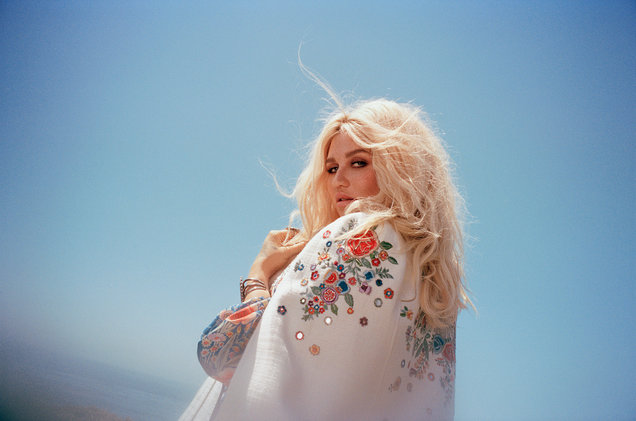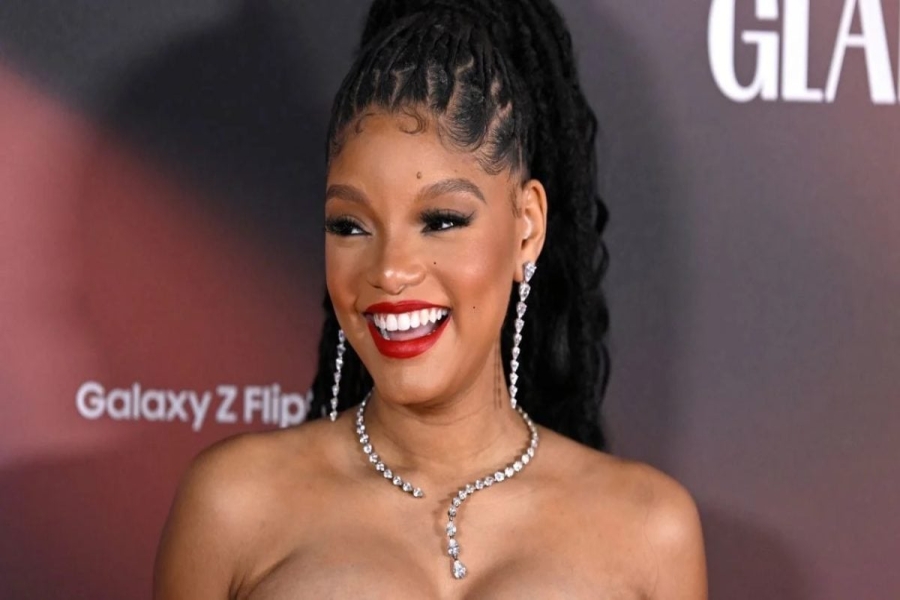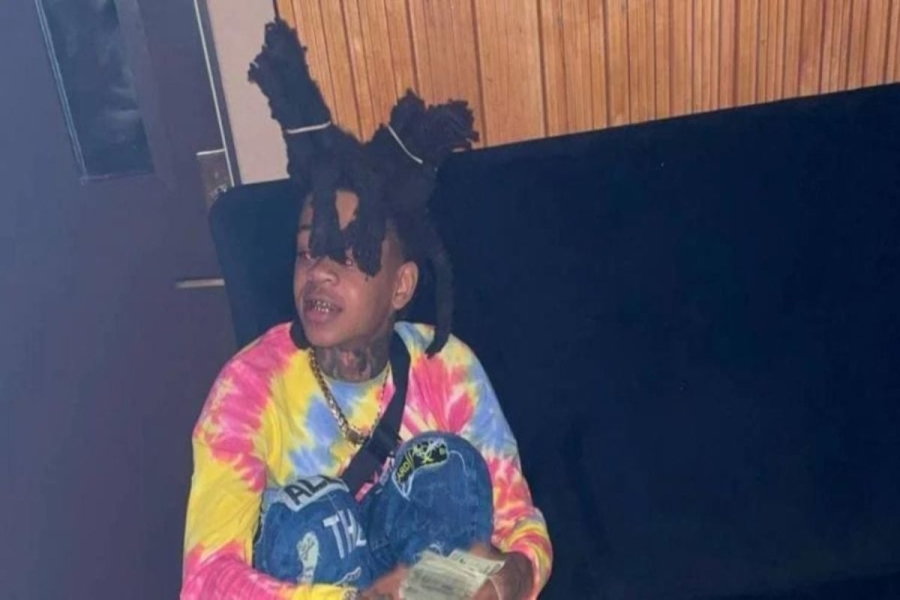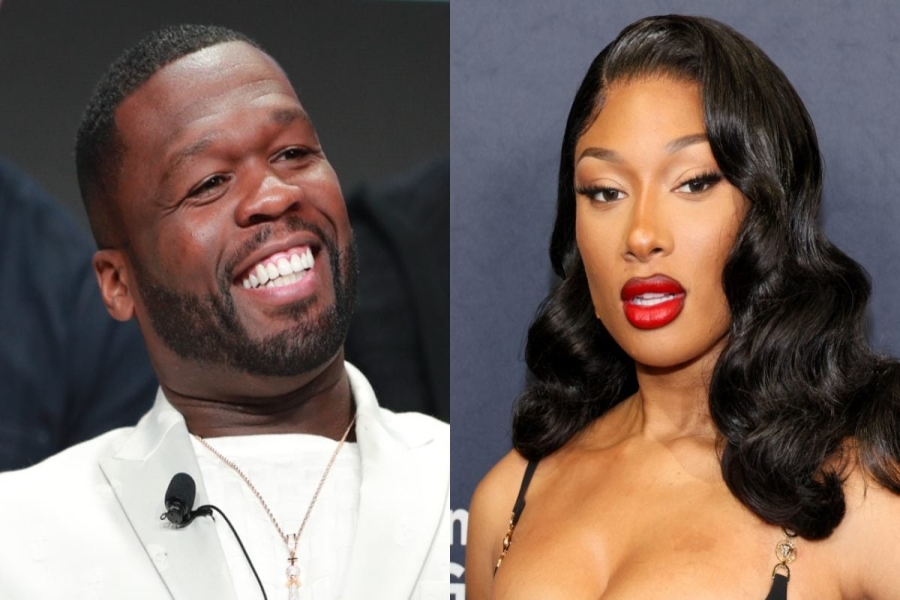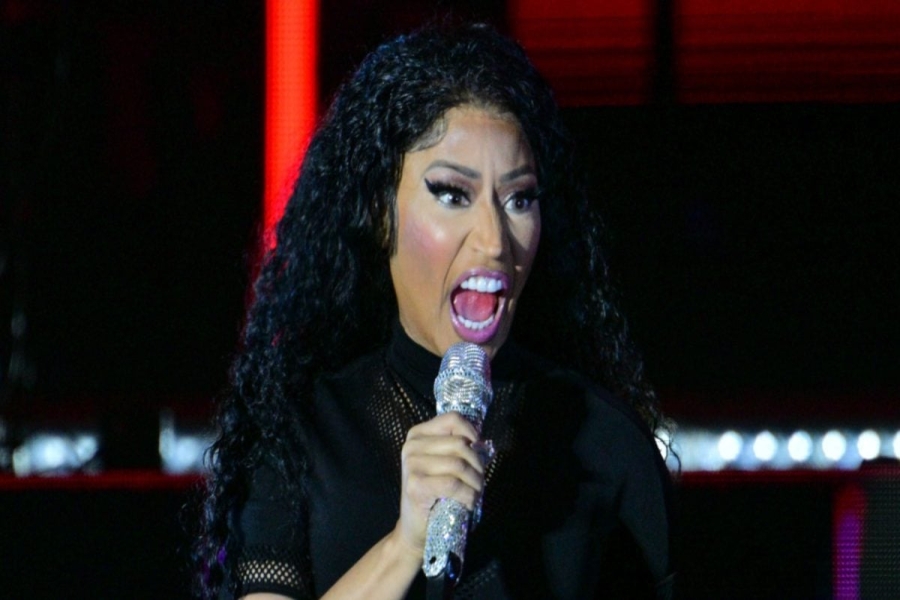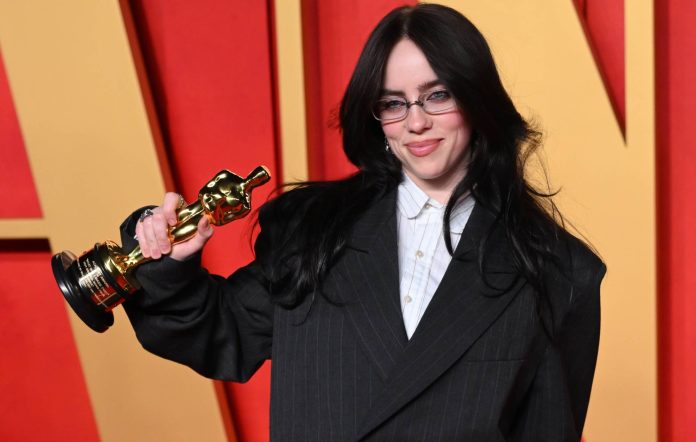Luke was introduced to the singer-songwriter through a pair of demos, one a "gorgeously sung, self-penned country ballad" and one "a gobsmackingly awful trip-hop track" that featured a running-on-fumes Kesha rapping in a borderline-unintelligible freestyle for the final minute. Naturally, it was the latter that drew the writer/producer to Sebert: "When you're listening to 100 CDs, that kind of bravado and chutzpah stand out."
Of course, Luke was wise to hone in on that side of Kesha's personality, as was proven by the club-hop audacity of 2010 debut single "Tik Tok" strutting right to the top of the Billboard Hot 100, followed to the top 10 by all three of Animal's similarly themed subsequent singles. But after the sleaze-pop formula the duo established on Animal was perfected on the 2011 EP Cannibal -- once you've teased "Now that I’m famous, you’re up my anus," really nowhere to go but down -- Sebert understandably bucked at her mentor's insistence on sticking to Kesha Original Recipe, lamenting the number of rock-based tracks Luke had thrown out while recording '12 sophomore LP Warrior. Luke's hold-the-line insistence was validated in the short-term by the set's party-starting, No. 2-peaking lead single "Die Young," but the album failed to yield another smash -- and despite some inspired moments, generally felt like wheel-spinning on the part of artist and producer.
Flash forward a half-decade. Obviously, Kesha and Dr. Luke have conflicted over much weightier matters than musical direction. Tied up for years in very public legal drama, Kesha will finally release the follow-up to Warrior, entitled Rainbow, this Friday (Aug 11). In a 2016 New York Times Magazine profile, she voiced her hopes that the album would essentially prove that Dr. Luke never had to choose between the paths laid out for her on those two demos seven years earlier: “To this day, I’ve never released a single that’s a true ballad, and I feel like those are the songs that balance out the perception of you, because you can be a fun girl. You can go and have a crazy night out, but you also, as a human being, have vulnerable emotions. You have love.”
Indeed, the structure of the album seems designed to drive this point home. If it felt hard to get a read on Rainbow's overall content from its advance tracks, that's because the set quickly demonstrates there's no overall read to get: The first five tracks are all completely different. Opener "Bastards" slow-builds from acoustic introspection to tambourine-led na na chanting like a compact "Hey Jude," giving way to the searing Ric Ocasek-meets-Replacements riffing of the Eagles of Death Metal-assisted rave-up "Let 'Em Talk." Then "Woman" enlists the Dap-Kings for a soul throwback that experiences an inexplicable structural collapse in its second verse, before "Hymn" takes it back to present day with a snapping electro-pop hum. And then, at long last, the true-ballad single: "Praying," the album's towering emotional centepiece, and a countless number of musical firsts for Sebert.
And now, the really remarkable part: It all works. Kesha has the swagger for neo-glam, the grit for old-school soul, the pipes for power-balladry -- listening to some of the spine-shivering feats she accomplishes on "Praying," it's practically unthinkable that she was mostly consigned to sing-speaking her way through the majority of her musical career. And she's not even half done: Before the end of Rainbow, the singer formerly known as K-Money will have sauntered her way through train-chugging, Johnny Cash-via-Kacey Musgraves country ("Hunt You Down"), schlocky frat rock ("Boogie Feet") and quirky singer-songwriter parables ("Godzilla"). And the only arguable stumble in the bunch comes with the stomping "Boots," which pairs the taunting wordplay of Kesha 1.0 ("If you can’t handle these claws/ You don’t get this kitty) with an electro-folk stomp that feels like a lukewarm version of Miley Cyrus' Bangerz.
Speaking of Miley: It appears that with Rainbow, Kesha is in step with her and Lady Gaga's tilt toward the heartland, now an apparent safe-haven for mid-career dance-pop stars. (Sebert even borrows Cyrus' godmother Dolly Parton for a duet on "Old Flames (Can't Hold a Candle to You)" -- written, of course, by mother Pebe Sebert, and recorded by Dolly back in 1980.) Despite having about as much previous on-record experience with country and southern rock as Gaga did when she released Joanne last year, Kesha's transition feels less like a career calculation: Her vocal versatility simply lends itself better to more acoustic fare than Gaga's unshakeable grande dame-ness, and her southern roots show out through her organic twang and convincing folksiness. Miley proved herself similarly back-to-basics-capable on the sweetly winning "Malibu," but she'll have her work cut out for her to match Kesha's musical stone-skipping here: Though media may force Rainbow into "Kesha goes country!" headlines for lack of a neater narrative, the set is far too musically explosive to be so easily boxed.
The real narrative of Rainbow, though, will invariably center around Kesha's ongoing fight with her former ingénieur, and certainly Kesha doesn't shy away from that storyline, embracing her life's conflict from the album's first lyrics: "Got too many people/ Gotta laugh to prove wrong/ All those motherf--kers/ Been to mean for too long.” A traditional album would've saved "Bastards" for the set's rousing closer, but Kesha wisely gets her biggest and best can't-nobody-hold-me-down shots out of the way early -- even "Praying," the most pointed rejoinder, comes with nine songs still to go -- letting the album's musical spirit serve as her true statement of defiance. By the time she gets to "Spaceship" at track 14, she's singing abstractly about being "nothing more than recycled stardust and borrowed energy" and concluding "Thank god I’m going back to outer space." It's still weighed on by the Luke drama, but no longer defined by it, Kesha recognizing the great big world of s--t surrounding both of them, and casually determined to rise above it.
Of course, the truest validation would be for Rainbow to be a blockbuster hit, to return her to the chart dominance of the Animal days. That part remains TBD: "Praying" had a respectable top 20 debut on the Hot 100 and is still selling well, but with no real foothold on radio, and it's hard to see the knockout single to follow from the rest of the track list. But the album's sense of triumph won't be inextricable from its first-week sales: It's already there in the music's indomitability, and it's absolutely exhilarating to hear Kesha prove just how many things she's good at besides the one Luke kept her permanently handcuffed to. “You were wrong, and now the best is yet to come," Kesha insists at the "Praying" climax, and the appropriately titled Rainbow is the best evidence she could've presented -- proving that no matter how bright you shine in a single hue, it'll never be as stunning as getting to display your entire color spectrum.

